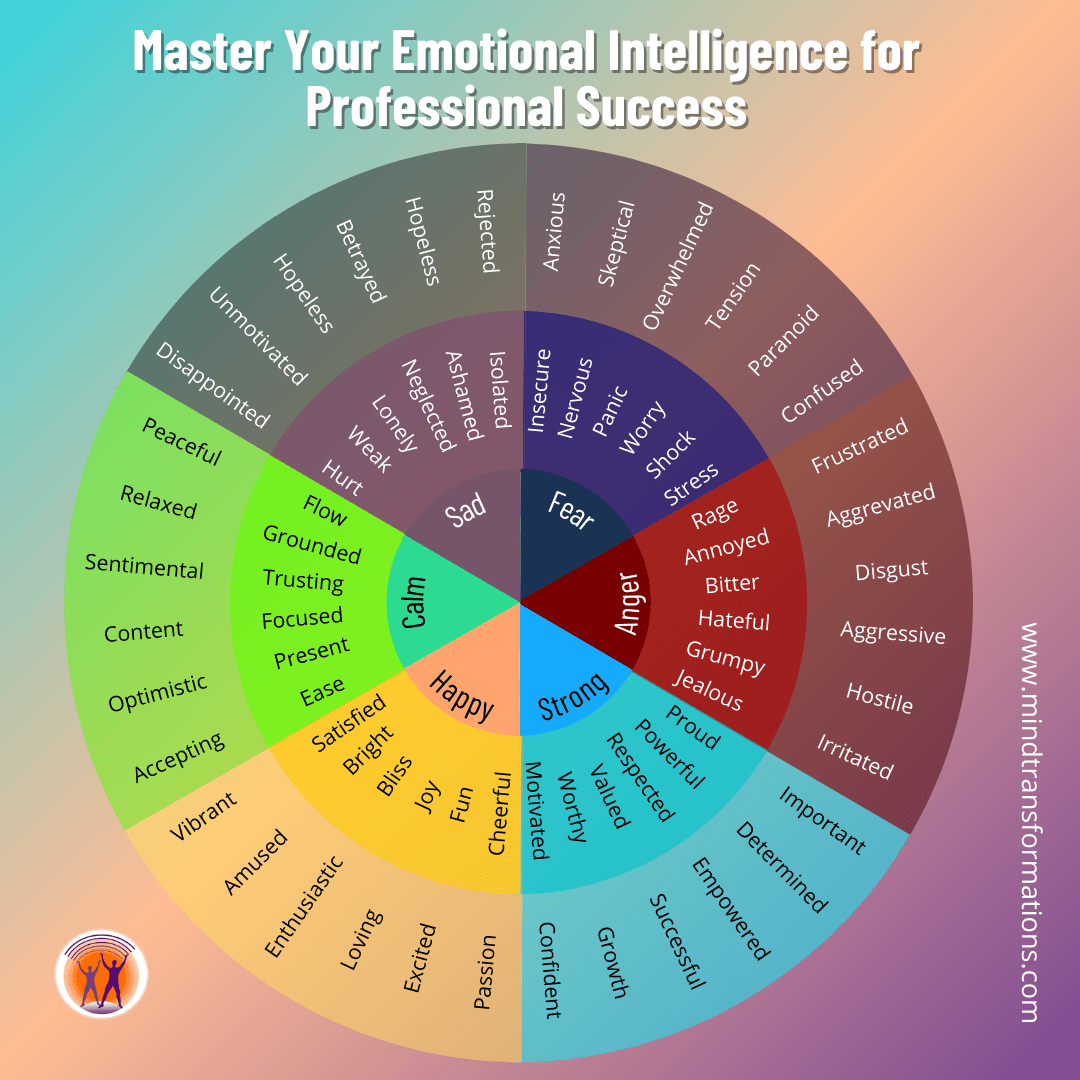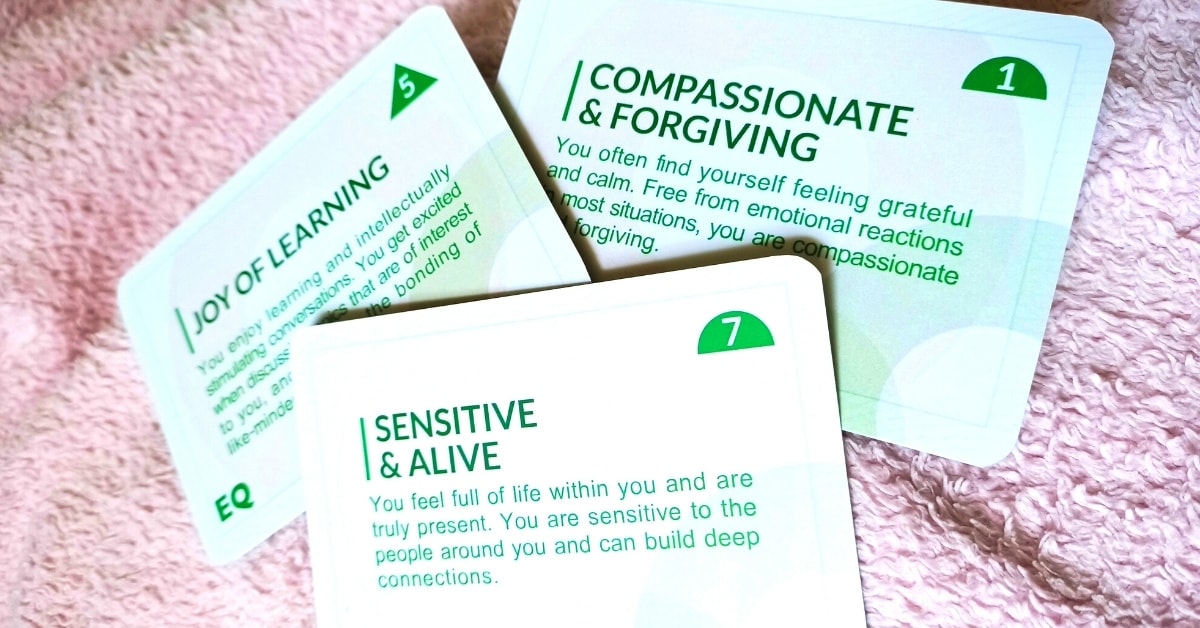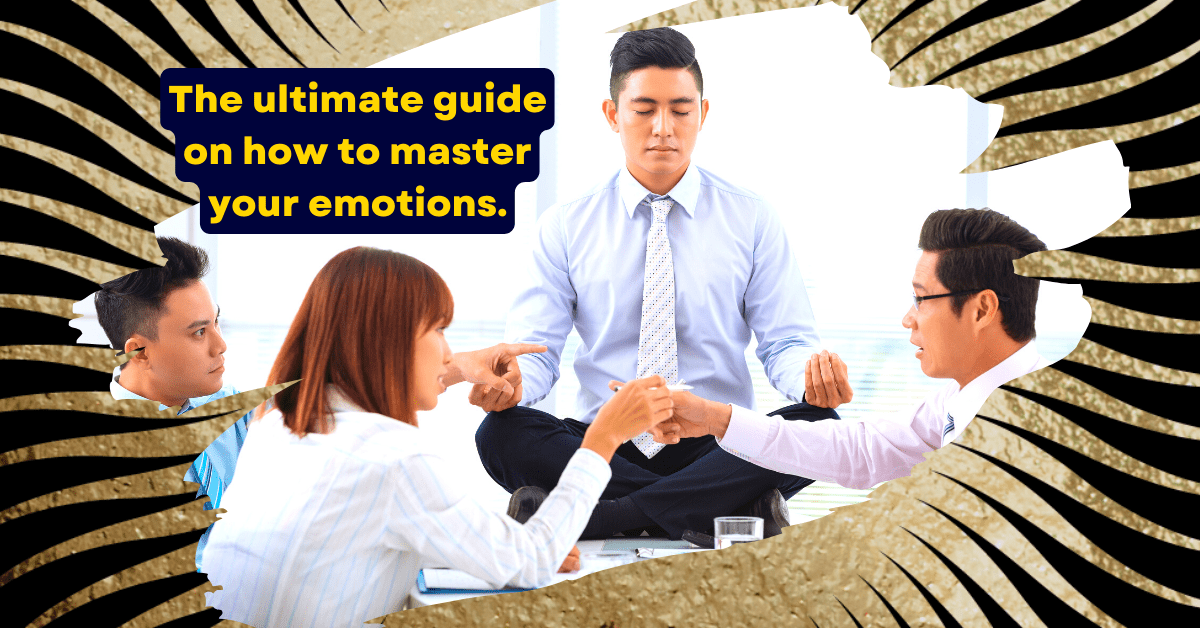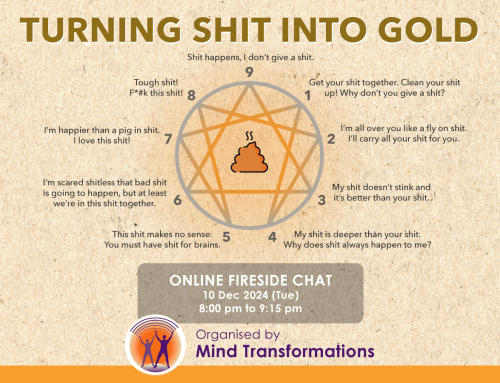As humans, we are emotional creatures. We feel a wide range of emotions on a daily basis, and our emotions can often dictate our behavior.
Have you ever tried to rationalize your way out of an emotional situation? Maybe you were upset about something that happened at work, so you told yourself that it wasn't a big deal and that you shouldn't let it bother you. Or maybe you were feeling insecure about your relationship, so you tried to talk yourself out of your feelings and tell yourself that everything was fine. However, in both of these cases (and many others), it's likely that your emotional response was stronger than your rational mind.
The reason for this is that our emotional energies are much more powerful than we realize. In an experimental study, it shows that emotions can have a significant effect on the way we think, decide, and solve problems.

How we feel can significantly affect how we behave. When we feel good, we tend to be more productive and happier. On the other hand, when we're feeling down or stressed, it can be difficult to get anything done, even if it is a simple thing to do.
What are some of the benefits of managing your emotions?
Some of the benefits of managing your emotions include improved mental health, increased productivity, and build healthier relationships. When you master your emotions, you are better able to redirect your thoughts and actions. This allows you to lead a more positive and rewarding life.
More importantly, it helps you build healthier responses in your life rather than one that is self-sabotaging you.
Strategies for mastering your emotions and expanding your emotional capacity.
Fortunately, there are ways to master your emotions so that they work for you rather than against you. Here are a few strategies:
1) Acknowledge your emotions.
The first step to managing your emotions is to simply acknowledge them. When you're feeling angry, sad, or scared, take a moment to stop and recognize what you're feeling. Where in your body are you experiencing this emotional charge? Don't try to push your feelings away or ignore them. Accepting your emotions will help you deal with them in a healthy way.
Use the emotional wheel chart below to identify the range of emotions you are experiencing in the situation or context in concern to expand your 'emotional capacity.' Pay attention to what distinguishes one emotion from another. Notice the differences of how you are feeling inside of you. What is the quality, intensity and sensation you are experiencing?

2) Identify the root cause & triggers of your emotions.
Once you've acknowledged your feelings, try to identify what is causing them. Are you upset because someone hurt your feelings? Are you stressed because of an upcoming deadline? Once you know what is causing your emotions, you can start to deal with the issue in a constructive way.
The root cause is not just the events that trigger how you are feeling. There could be a deeper message and positive intention your emotions are trying to preserve. For example, the emotion of anger is trying to protect you by alerting you that your boundaries have been crossed. It is a secondary emotion that is usually caused by feeling hurt, frustrated, or powerless.
Our emotional patterns are trigger by deeper layers of:

By mastering our personality psyche using Neuro-Linguistic Enneagram (NLE) with the Neuro-Actionables, there are nine different dimensions of emotional intelligence we can exercise to develop a healthier version of ourselves.
3) Express your emotions in a healthy way.
It's important to express your emotions in a healthy way. Suppressing your feelings can lead to negative consequences, such as depression, anxiety, and even physical health problems. Expressing your emotions unhealthily can be just as harmful. Yelling, hitting, or breaking things will not help you feel better in the long run even though you feel like doing so.
Instead of bottling up your emotions or acting out in a destructive way, try to express yourself in a positive way. Write down how you're feeling in a journal or talk to a trusted friend or family member about what's going on. Crying can also be a healthy way to release your emotions.
A powerful way is to shift your physiology! When you have an unpleasant emotional episode, your body is in a specific physiological state. It's critical to interrupt the pattern by shifting your physiologic state. You may do so by taking a walk slowly, breathing differently, releasing tension in your body, changing your facial expression, head angle, or the way you engage others with your eye contact.

It is also crucial not to act on every emotion you feel. Just because you feel like lashing out at someone doesn't mean that it's okay to do so.
Make sure you don't make any rash decisions, return to your habitual routine, or seek some activity out of impulse when you are in the grips of an intense and unproductive emotion. You won't usually end up better. Most significantly, this is establishing a conditioning pattern that links you with something unhealthy whenever you experience this unproductive feeling. It can reinforce the patterns of avoidance, suppression or being powerless. This is how people form unconscious self-sabotage habits!
WATCH the video below on some guided exercises you can adopt to develop your emotional capacity!
4) Practice emotional regulation skills & habits.
There are certain skills that can help you regulate your emotions, such as deep breathing, visualization, and mindfulness. These techniques can help you become more emotionally balanced when you're feeling overwhelmed or stressed.

Just like any other habit, developing healthy emotional habits takes time and practice. But it's important to start somewhere. Try to be more aware of your thoughts and feelings throughout the day. When you notice that you're starting to feel undesired emotions, you can try to reframe your experience. If you're having negative thoughts, try to find a more useful way to look at the situation. For example, if you're feeling anxious about an upcoming presentation, tell yourself that it's an opportunity to showcase your skills and knowledge.
Here are some emotional regulation habits you can develop:
If you want to master your emotions, it's important to understand what they are and how they work. Emotions are basically feelings that arise in response to a situation or stimulus. They can be positive, negative, or neutral. Each emotion has its own associated physiological response, which is why you might feel your heart racing when you're scared or your muscles tensing when you're angry.
It's important to remember that emotions are normal and natural. They're not good or bad, they just are. However, how you deal with your emotions can either help or hinder you in life. That's why it's important to learn how to master your emotions, so that they work for you rather than against you.
Emotional intelligence is a critical resource for your professional success!
Many organizations are feeling the pressure to do even more with less—fewer employees.
That's only possible if you can help support your employees' & leaders' emotions when responding to workplace challenges, demands and changes.
Imagine the multiplier effect if companies helped their employees to be more emotionally resourceful and how they interact with one another.
Get on a call today on how you can start developing multi-intelligence (emotional intelligence is one of them) for your professional success.






